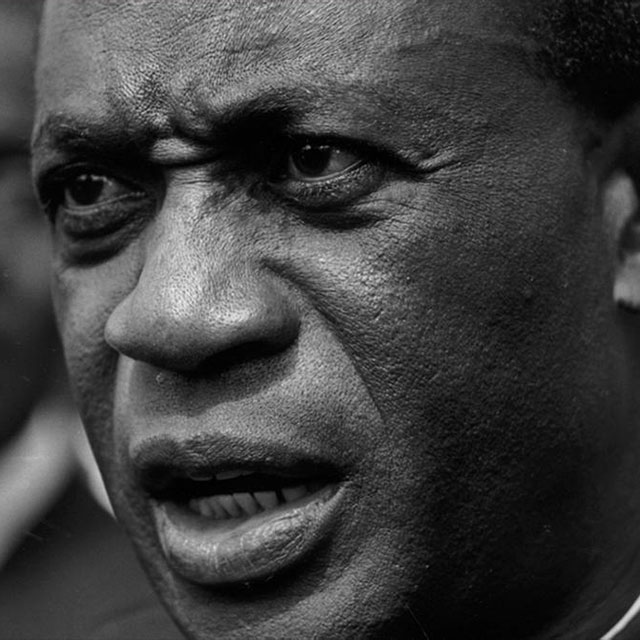With over ten years of experience co-developing multi-sector innovation strategies…
Over the past few years, West Africa has experienced a mix of democratic progress and setbacks. While some countries have demonstrated a strong commitment to democratic governance, others have been plagued by political instability, corruption, and authoritarian rule. In this article, we examine the latest data to better understand the current state of democracy in the region and assess the prospects for the future.
- The Democracy Index
The Economist Intelligence Unit’s Democracy Index provides an annual snapshot of the state of democracy worldwide. The index measures the performance of countries across five categories: electoral process and pluralism, civil liberties, functioning of government, political participation, and political culture. According to the 2021 Democracy Index, several West African countries have made strides in their democratic development. However, others have experienced declines, with some falling into the category of “authoritarian regimes.”
- Progress and Setbacks
Some West African countries have made notable progress in recent years. Ghana, for example, has consistently ranked as one of the strongest democracies in the region, with peaceful transitions of power and strong civil liberties. Senegal has also seen improvements in its democracy score, thanks to a more transparent electoral process and increased political participation.
However, other countries in the region have faced challenges. Mali and Guinea have experienced military coups, leading to political instability and uncertainty. In Nigeria, ongoing conflicts and insecurity have hampered democratic progress, with the country’s ranking slipping further down the Democracy Index.
- The Role of Civil Society and International Actors
Civil society organizations and international actors play a crucial role in promoting and defending democracy in West Africa. They can exert pressure on governments to adhere to democratic norms, provide support for electoral processes, and foster an environment where citizens can freely express their political views. The Economic Community of West African States (ECOWAS) has been particularly active in promoting democracy and addressing crises in the region, such as imposing sanctions on countries experiencing coups or political unrest.
- The Future of Democracy in West Africa
The future of democracy in West Africa is uncertain, with ongoing challenges and potential threats to democratic governance. While some countries continue to make progress, others face significant hurdles. The role of civil society and international actors will be crucial in supporting democratic processes and ensuring that democracy remains on the ballot in the region.
Conclusion
As the latest data on democracy in West Africa demonstrates, the region is at a crossroads. While some countries have made significant strides in democratic governance, others have experienced setbacks that threaten their democratic progress. It is crucial for civil society, regional organizations like ECOWAS, and the international community to remain engaged and committed to supporting and promoting democracy in West Africa. Only through concerted efforts can the region continue on its path towards a more democratic and stable future.
What's Your Reaction?
With over ten years of experience co-developing multi-sector innovation strategies and shaping policy with global institutions. My research and work focus on value and transform systems across education, design, life science, and manufacturing industries.








